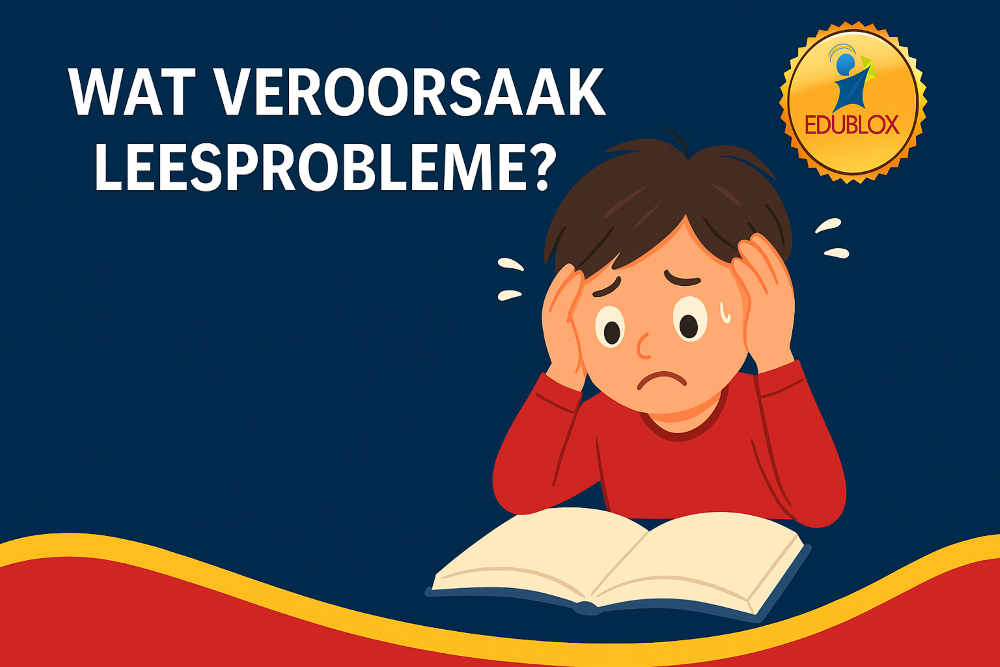Every instruction a child follows, every sentence they read, and every concept they master depends on memory. Far from being a single “storehouse,” memory is a complex system of specialized components that work together to facilitate learning. When these systems are weak, children often struggle with reading, spelling, and academic achievement. Strengthening memory is therefore not optional — it’s essential.
Researchers generally describe memory as a flow of information through three broad stages — sensory register, short-term/working memory, and long-term memory. Additionally, specialized forms of memory, including visual, auditory, and sequential memory, play crucial roles in literacy and learning.
Sensory register
The sensory register is the mind’s first stop for incoming information. It lasts only a second or two, but it is crucial for learning.
- Iconic memory refers to a brief form of visual memory. For example, when a line of print flashes for a fraction of a second, the letters you can still “see” in your mind’s eye belong to your iconic memory.
- Echoic memory is a short-lived auditory memory. When you briefly hear a sound echoing in your mind after it has stopped, that is echoic memory.
Your iconic memory, combined with the ability to distinguish foreground from background, determines your eye span — how many letters you can take in at once. A wider eye span contributes to faster, more efficient reading.
Short-term and working memory
At the second stage is short-term memory, which holds information for a few seconds to about a minute. Closely related is working memory, which not only stores information but actively manipulates it.
- Short-term memory task: Repeating a list of digits in the same order.
- Working memory task: Repeating the digits backward, or holding numbers in mind while solving a math problem.
Cognitive scientist Nelson Cowan suggests that short-term memory can hold about four items without rehearsal, while working memory, which requires active attention and rehearsal, can accommodate up to seven items.
Weaknesses here manifest as children forgetting instructions, losing track of a teacher’s explanation, or being unable to recall what they have just read. Without a strong short-term and working memory, tasks such as writing sentences, solving mental math problems, or following multi-step directions can become frustrating.
Long-term memory
The third stage, long-term memory, stores information for hours, weeks, or even years. It includes:
- Semantic memory: general knowledge (facts, rules, vocabulary).
- Episodic memory: personal experiences.
- Procedural memory: skills and routines, such as riding a bike.
Students with long-term memory weaknesses often “study hard but can’t recall” during tests. They may forget material covered earlier in the school year, fail to recall specific dates or grammar rules, or struggle to answer factual questions in class, even when teachers believe they have a solid grasp of the content.
Visual memory
Visual memory is the ability to create and recall mental images once the original stimulus is gone. It is especially critical in reading and spelling, since up to 80% of classroom learning relies on visual input.
Children with poor visual memory may:
- Fail to recall the order of letters in a word.
- Recognize the shape or first letter of a word but miss its details.
- Struggle to develop a solid sight vocabulary.
The result is difficulty in both reading fluency and accurate spelling.
Auditory memory
Auditory memory is the ability to attend, process, and recall information presented verbally. It underpins both listening comprehension and silent reading.
Weaknesses here cause children to pick up only fragments of what is said in class, making it difficult to follow discussions or recall instructions. Silent reading also depends on auditory processing — we “listen” to our inner voice while reading. If this process is faulty, comprehension and recall break down.
Poor auditory short-term memory is also a significant obstacle to learning phonics, which relies on holding and manipulating sound patterns in the mind.
Sequential memory
Sequential memory is the ability to recall items in the correct order — whether days of the week, steps in long division, or letters in a word.
Children with poor sequential memory may:
- Mix up the order of letters when spelling (name → mean → amen).
- Struggle to repeat longer words with multiple syllables (e.g., preliminary, statistical).
- Lose track of the steps in multi-stage math problems.
Because reading, spelling, and math all depend on order, weaknesses in sequential memory can create profound learning challenges.
Why memory matters — and what can be done
Reading and learning are not only about intelligence or effort; they depend on how efficiently memory systems function. Deficits in sensory register, working memory, or long-term storage can undermine progress. Weak visual, auditory, and sequential memory can block the very skills required to read and spell with confidence.






4 Responses
I have a 8 year old girl with ADHD can u help me please
Kindly let us know where you are based so we can refer you or make recommendations. One purpose of Edublox is to develop and enhance cognitive skills. Recent studies have shown that many children with ADD/ADHD have impairments in cognitive skills, especially working memory. Working memory is the cognitive system responsible for the temporary storage and manipulation of information – our ‘engine of learning’. Working memory has also shown to be the primary indicator of academic performance.
I have a 8 yr old in grade 2, he is struggling with reading, remembering things, maths etc can you please provide me with information, I am based in Rustenburg North West Province
Hello Una, kindly contact any of the Edublox clinics for information about our home programs: https://edubloxsa.co.za/contact-us/ And then kindly like our Facebook page because we are currently developing a great alternative for people who are too far from an Edublox clinic to attend classes: https://www.facebook.com/Edublox